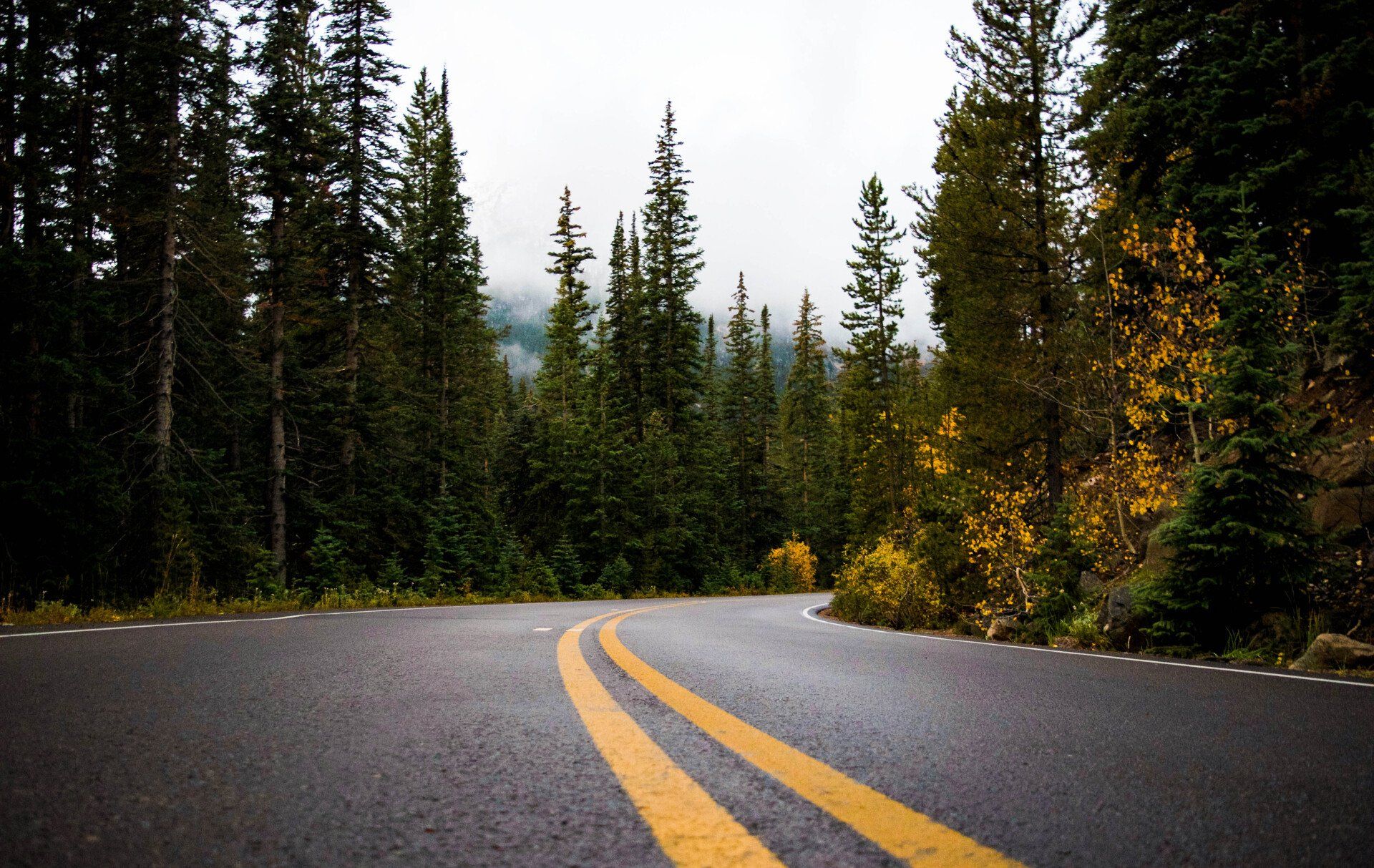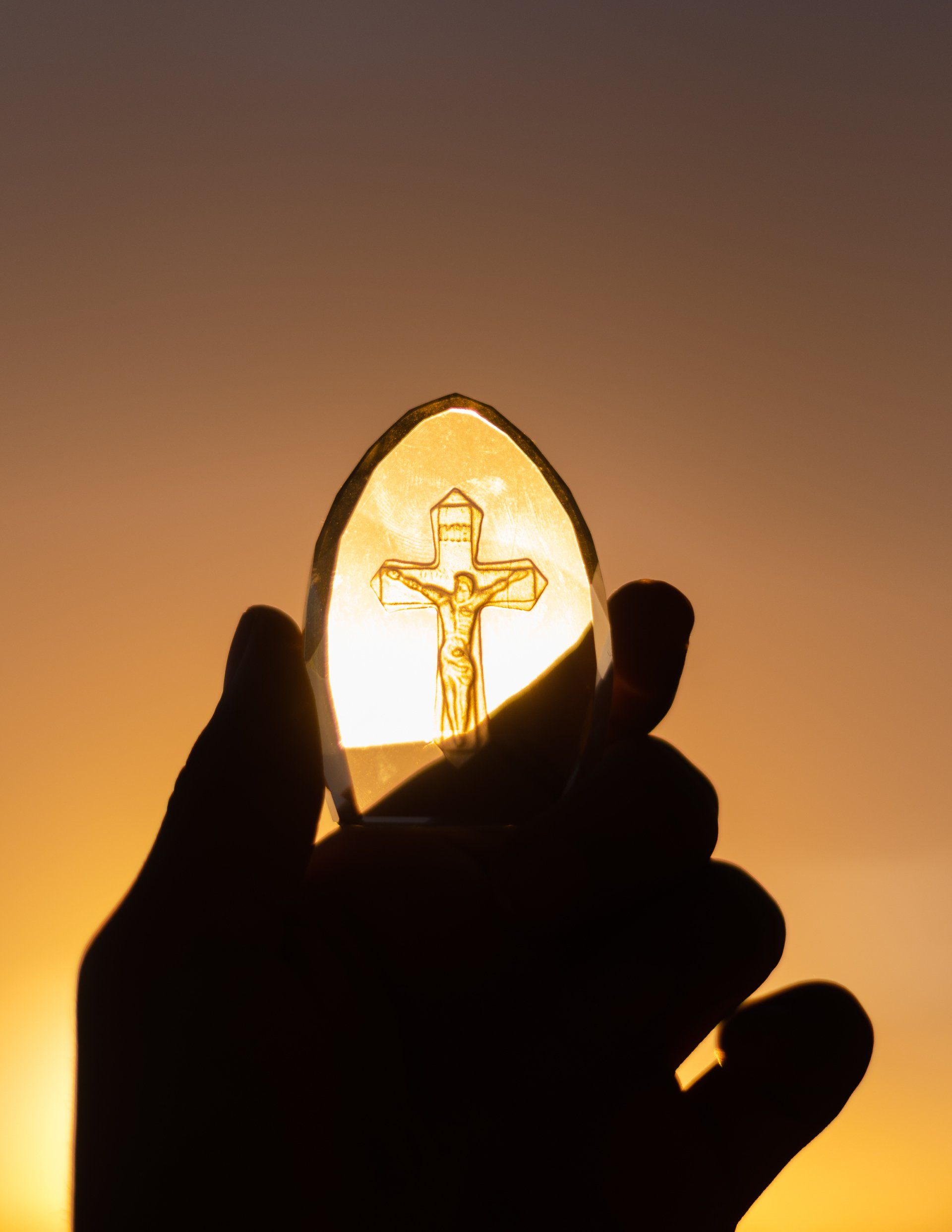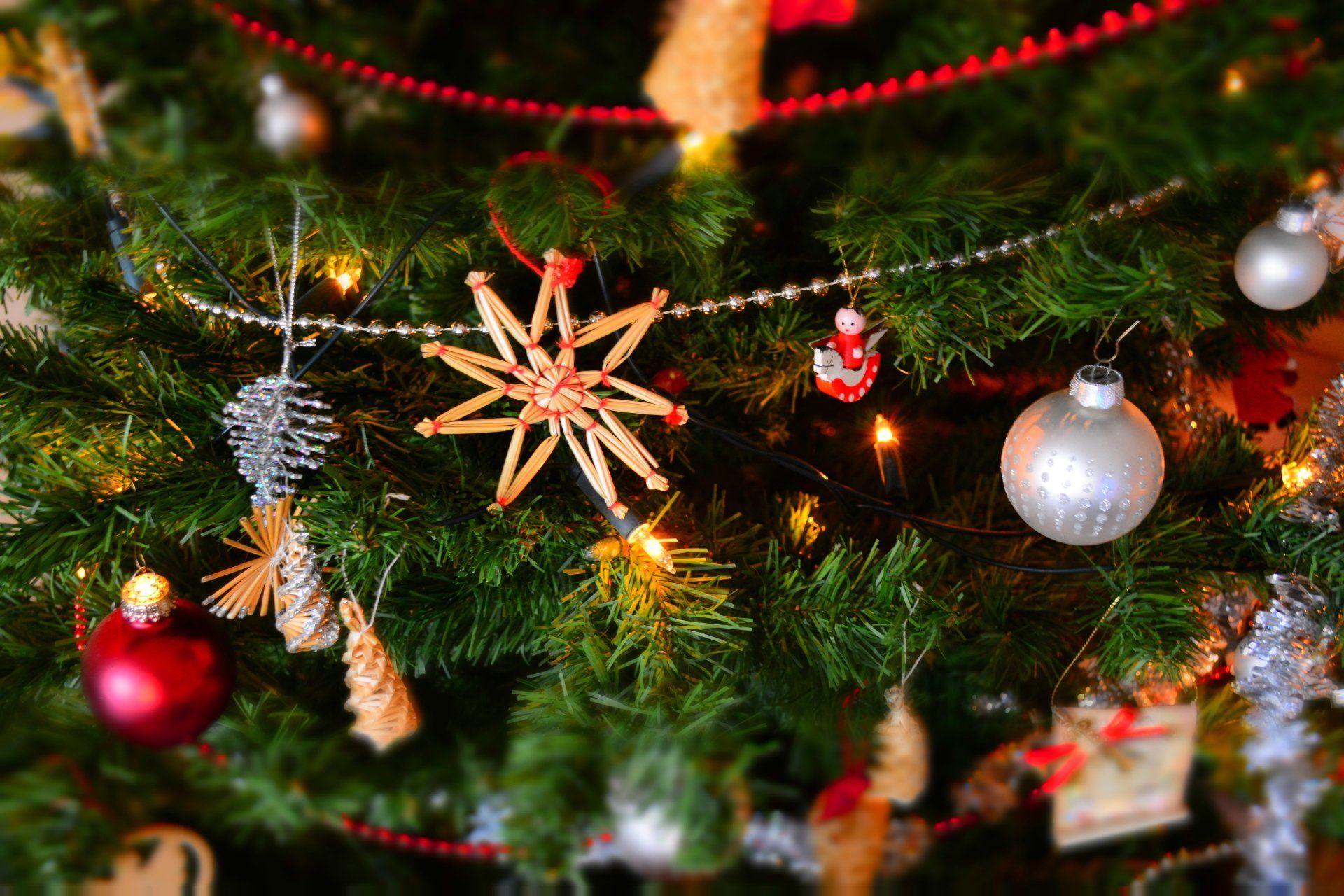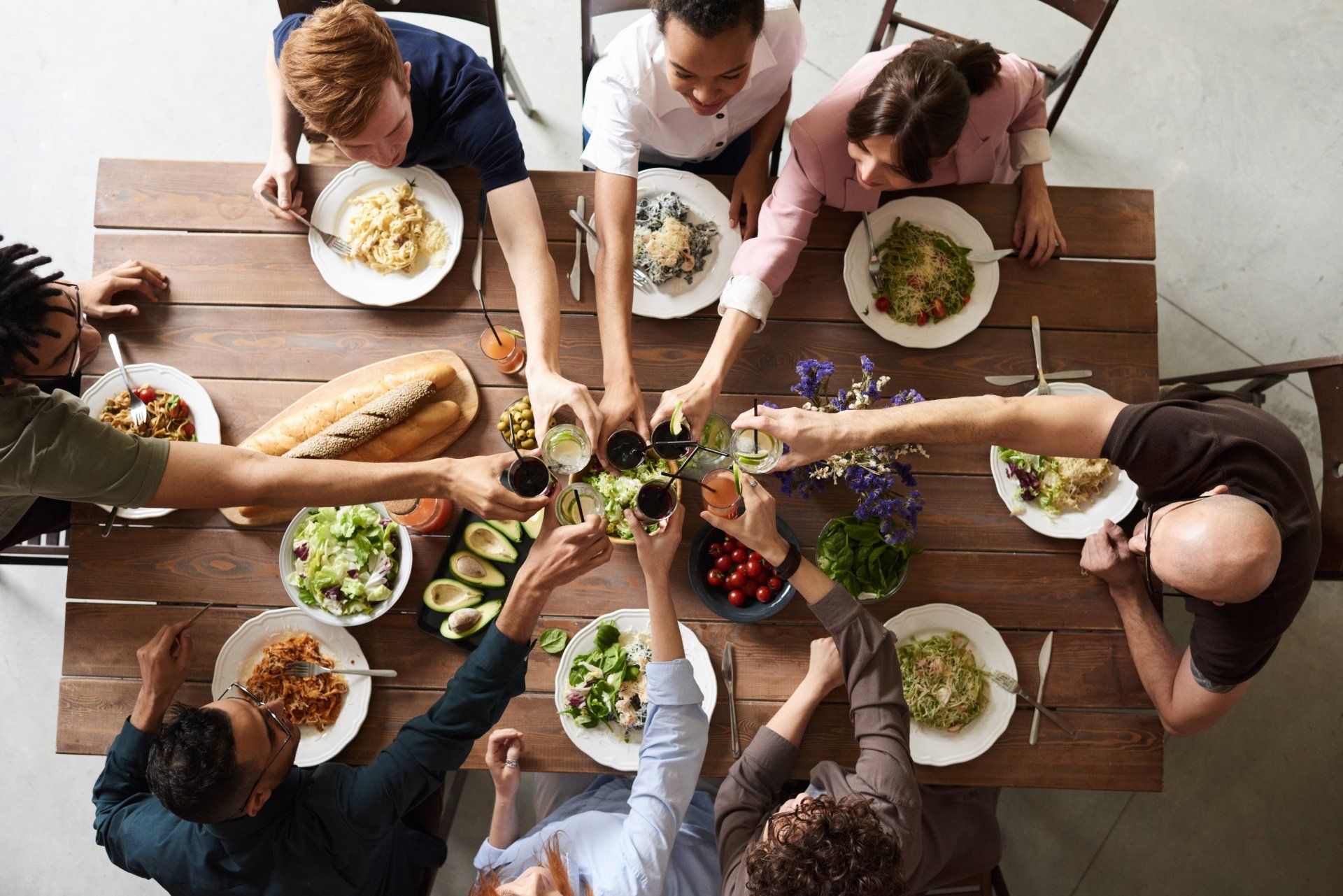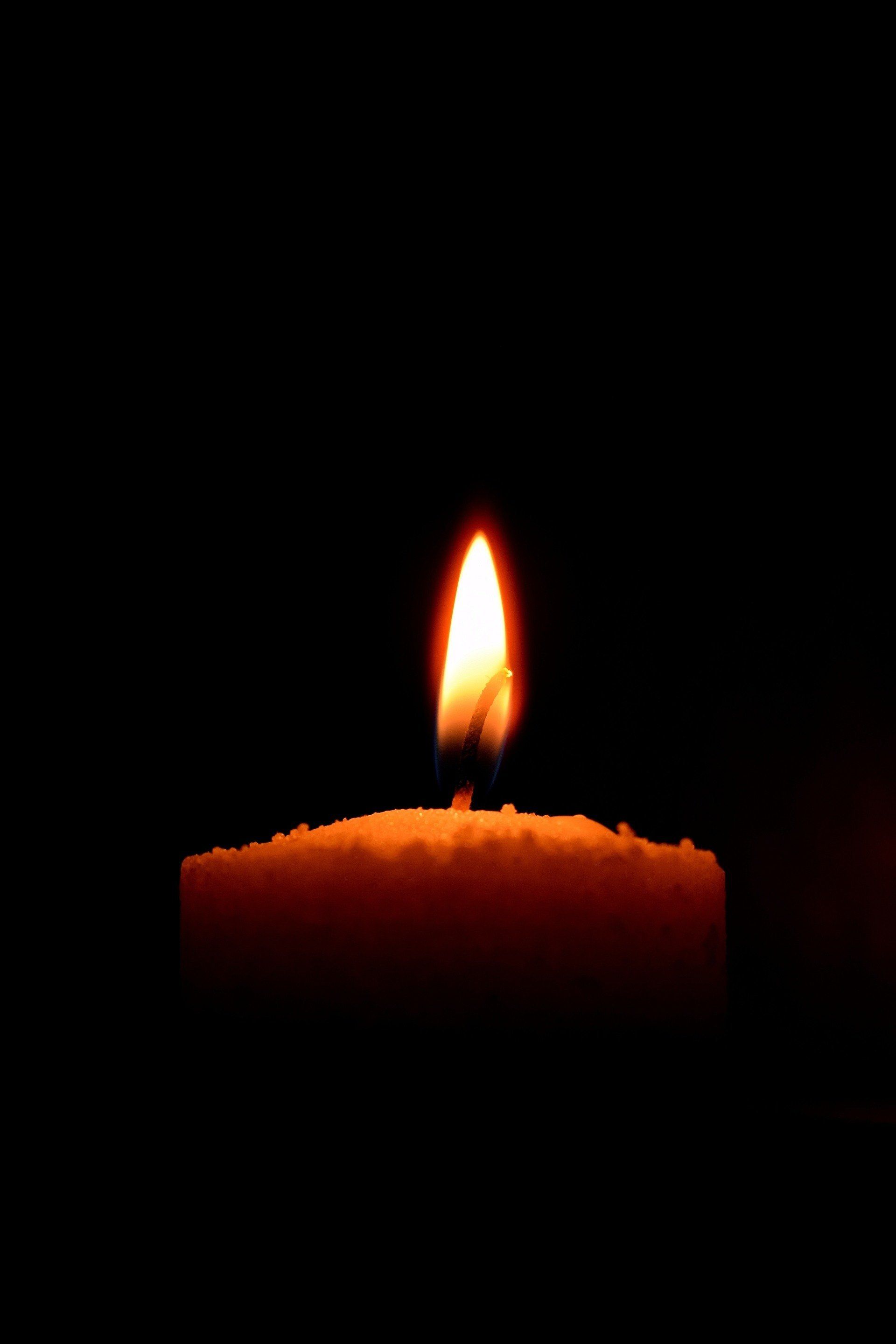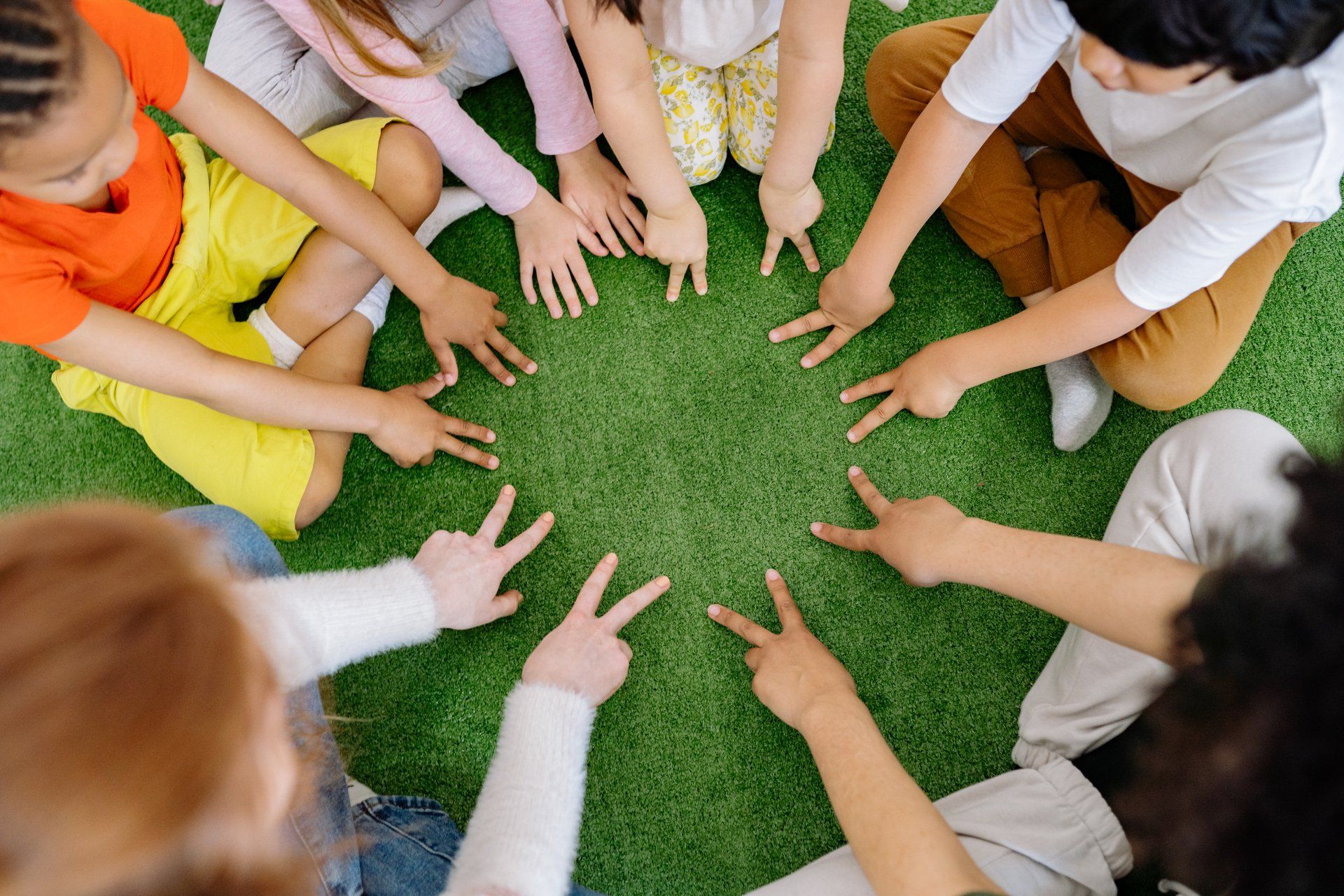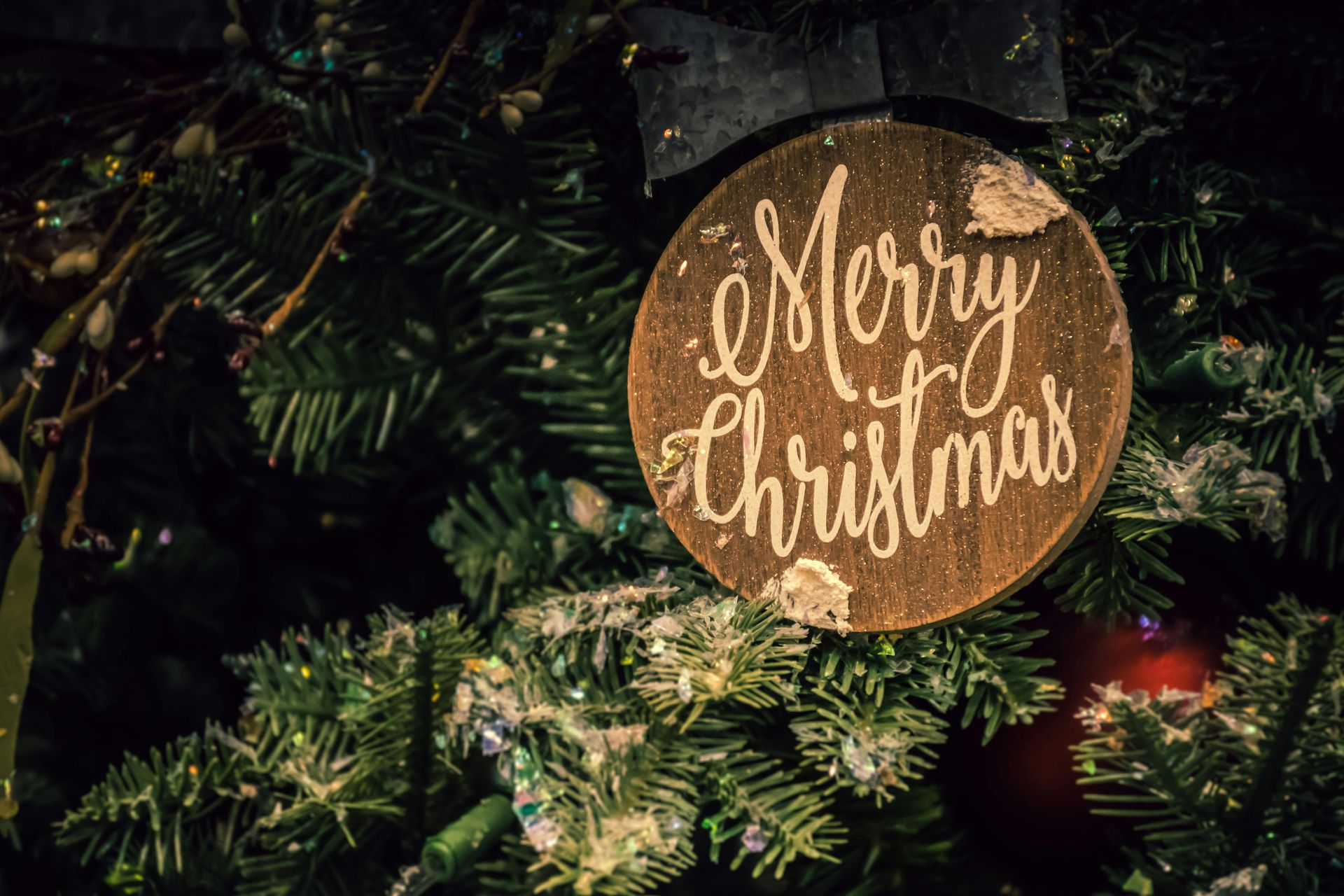Did I Just Learn Life Lessons from a Holiday Market?
This Thanksgiving I had the rare opportunity to celebrate the holiday with my family back in Washington, D.C. Once there, there were two things I couldn’t miss: the Smithsonian exhibit on Impressionism and the Winter Holiday Market.
Nestled in front of the National Portrait Gallery are over 30 vendors of various creative arts, from watercolor cityscapes and photography to the ‘all things smores’ food vendor. It should have been heaven and if it had been a Hallmark movie it would have been perfect. Sadly, real life is nothing like a Hallmark movie and it was chaos. I didn’t notice it in the moment but once I was free from the mayhem and able to reflect, I realized even crammed all together everyone just seemed to look past each other as they bobbed and weaved to make their ways through. The whole experience made me wonder, why is it so easy to forget a person’s humanity in a crowd.
Whether you’re at the giant Holiday Market in Chicago, the Macys in Albany, or just browsing Northshire Bookstore during busy tourist days, it’s easy to feel overwhelmed and swallowed up by the sheer volume of people. I can’t imagine it’s that enjoyable for the employees either. I remember working at a café, and sure I loved busy times because the day would just fly by, but at a certain point you lose yourself in the mayhem. If holiday markets are supposed to scratch that itch for festive joy and boutique craftiness while buying gifts for others, the social angst of being squished between shopped certainly ruins that experience. Why am I making such a big deal about it? Because shopping at holiday markets perfectly illustrates the Dr. Jekeil & Mr. Hyde parts of the human psyche.
You don’t have to be anthropologist or clinical psychologist to recognize that there is genuine enjoyment in buying a gift for someone that you know they’ll love. It feels good to bring joy to others. But don’t get in a person’s way on their path to do it less you get squished and moshed in the process.
When you’re out holiday shopping this year, do you look at the vast crowds of people you walk past? Do you take in the beauty that is the communal experience of the dozens—if not hundreds—of people all around you also on a journey to give and gift for others in their lives? Or do you tune them out as just another obstacle to get through? Do you forget that all those lives hurrying around you are also caring and loving souls?
I fully confess my own guilt in perpetuating this sin for which we all succumb. At the DC Holiday Market I just couldn’t wait to get past all the people cramming their ways through the crowd. But whether you’re a person connected to a faith community or not, we humans are a communal people who together can be an unstoppable force for good in the world. When we stop seeing the humanity in the crowd, we inch closer and closer to losing the best part of ourselves.
Whether you get 50% off, 30% off, or pay full price for your holiday gifts this year, I hope you remember just how uniquely precious you are and how uniquely precious those people in your way are too.



